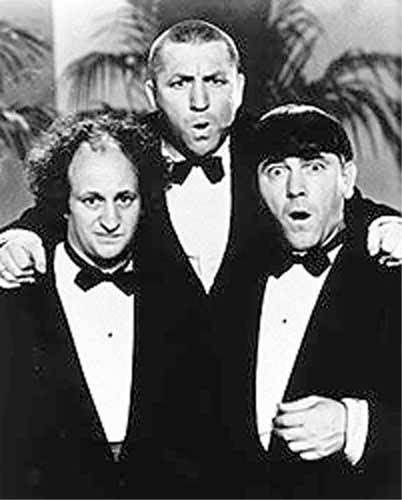Senior Obama administration officials told reporters late Monday afternoon that a federal judge's ruling deeming the sweeping health care reform law unconstitutional is "well out of the mainstream of judicial opinion"What a bunch of bozos.
Of course, their response does fit right in with the president's own crass running commentary on the Supreme Court's rulings offered from the podium at his first State of the Union speech. On that occasion the president was inappropriate and wrong on the law. Nice to see him so consistent.
"The analysis is on the whole is, to put it charitably, unconventional," said one official. Another said repeatedly that it is an "outlier" that contradicts other rulings.In his ruling, Vinson had found Congress exceeded its authority in passing the law under the Constitution's Commerce Clause. He said it would be a "radical departure" from existing law to give Congress power to order people to buy something, as opposed to merely regulating activity once someone has entered the economic stream.
The White House attempted to justify their counter by referring to certain explanatory passages of the ruling, such as this passage from Judge Vinson's decision:
"Or, as discussed during oral argument, Congress could require that people buy and consume broccoli at regular intervals...Not only because the required purchases will positively impact interstate commerce, but also because people who eat healthier tend to be healthier, and are thus more productive and put less of a strain on the health care system."A sound argument, and an excellent illustration of the absurdity of the President's position. Nice try, boys.
There once was a time when the constitutionality of a law was a topic of discussion in the Congress and in the halls of the executive branch. The fact that we were a nation whose government was constrained by a constitution was in the mind of those who served in her government. President Grover Cleveland became famous for being the most active in vetoing legislation that did not meet constitutional muster. One example resides here in the body of his veto of Senate bill No. 139:
"It is my belief that this appropriation of the public funds is not within the constitutional power of the Congress. Under the limited and delegated authority conferred by the Constitution upon the General Government the statement of the purposes for which money may be lawfully raised by taxation in any form declares also the limit of the objects for which it may be expended."And later:
"I am constrained, upon the considerations herein presented, to withhold my assent from the bill herewith returned, because I believe it to be without constitutional warrant, because I am of the opinion that there exists no adequate reasons either in right or equity for the return of the tax in said bill mentioned, and because I believe its execution would cause actual injustice and unfairness."Just the man's language is refreshing in its clarity and soundness of argument.
In our days, the Constitution is seen as a possible constraint, but is only bumped into when the law is challenged in court and the Supreme Court of the land offers a ruling. The abdication of the responsibility of considering the constitutionality of a law make this a more lawless nation, comprised of a people that are less free.







No comments:
Post a Comment